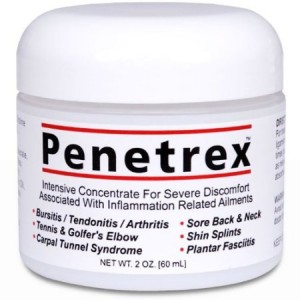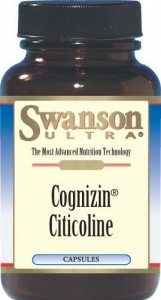Don’t you wish you had a dime for every time a “chronic pain” specialist told you to just deal with it? Or that there was nothing more they could do for you? Before you subscribe to invasive surgery or a life of prescription opioids, try these essential pain management tips.
Always consult your doctor before trying any new pain management treatment, including natural supplements, OTC analgesics, and alternative therapies.
This article does not constitute medical advice, but rather suggestions that have helped many sufferers of chronic pain such as fibromyalgia, chronic fatigue syndrome (CFS), pernicious anemia, or migraine.
#1- Take your vitamins and minerals!
Your number one plan of action for reducing chronic headaches, stiff joints, or aching muscles should be to make sure you’re getting the proper nutrients that your body needs in order to manage pain. Sometimes, painful tingling and numbness, stomach cramps, or reduced mobility could be a symptom of vitamin deficiency, such as low vitamin B12 or magnesium. Ask your doctor or natural health practitioner about dosage information.
Are you getting enough…
- Vitamin B12?
- Calcium?
- Vitamin D3?
- Folic acid?
Read this- Vitamin B12 Deficiency and Fibromyalgia Pain Types
#2- Try natural herbs and supplements!
In addition to getting your vitamin B12, you may also find relief by taking natural ingredients that improve your body’s response to inflammation and provide antioxidant benefits.
These may include:
- Boswellia,
- Alpha lipoic acid, and
- Glucosamine.
Boswellia, by Swanson- Get it on Amazon
#3- Get your protein!
Protein foods contain lots of amino acids that promote your body’s own natural pain relievers; endorphins, serotonin, and dopamine, some of are also available as supplements. These help you sleep better while also promoting a sense of wellbeing.
In addition, animal-based protein foods are the only rich source of vitamin B12, which helps your body maintain healthy red blood cells while also sustaining normal neurological functioning.
#4- Rub out the pain!
Topical pain relief creams and ointments are a healthy addition to your chronic pain management plan. Try capsaicin, which is derived from cayenne peppers, and provides a soothing heat treatment for sore muscles.
Penetrex, Pain Relief Therapy- Available on Amazon
#5- Alternate hot and cold!
As a rule of thumb, cold packs are for quick, instant relief, while heat is for a more long-lasting healing effect. Heat relaxes muscles, and is especially helpful in conjunction with topical pain creams, for providing deep tissue relief. Cold provides on-the-spot treatment, and decreases inflammation. Both are instrumental for reducing sore muscles, headaches, and back pain.
#6- Stretch your limbs!
This is difficult advice to take, especially if you suffer from fibromyalgia or chronic fatigue syndrome. Still, it’s worth mentioning that chronic pain is a vicious cycle, and an important factor in treating it is maintaining mobility.
For this, the term “use it or lose it” really does apply. A sedentary lifestyle only increases pain, causing your muscles to waste away and tense up.
To do keep your tissues limber and prevent pain buildup, it’s important to take at least enough over-the-counter analgesics to allow you to get up from bed, stretch your legs, and walk down the street- even on the worst days. Do whatever it takes to maintain your mobility and proper alignment.
Your turn!
What natural preventive treatments do you use for chronic pain? Do you have any questions or suggestions? Please leave your comments below.
Share with your friends!
If you found this article helpful, then please share with your friends, family, and coworkers by email, Facebook, or Google+.
Like this? Read more:
Chronic Fatigue and House Work- Motivating Tips for Success
Complex Regional Pain Syndrome (CRPS)
Image(s) courtesy of Ambro/FreeDigitalPhotos.net











